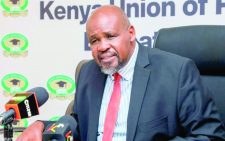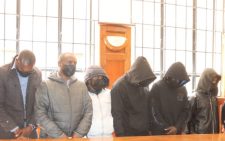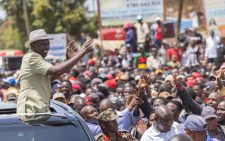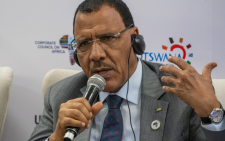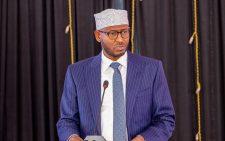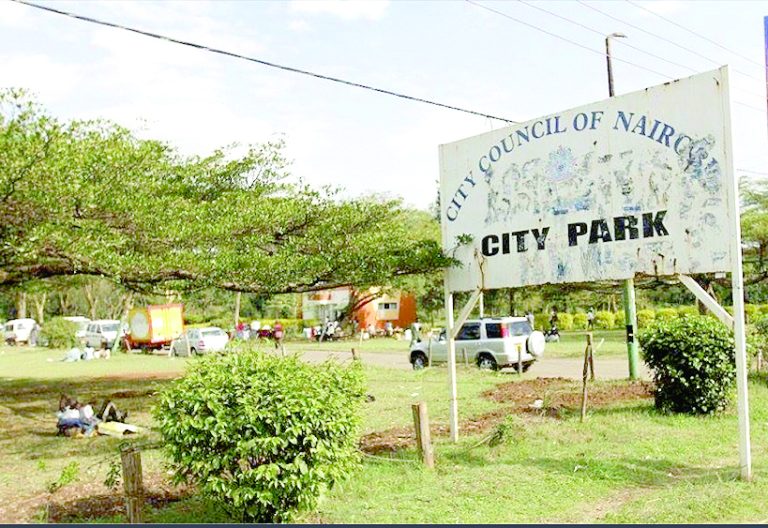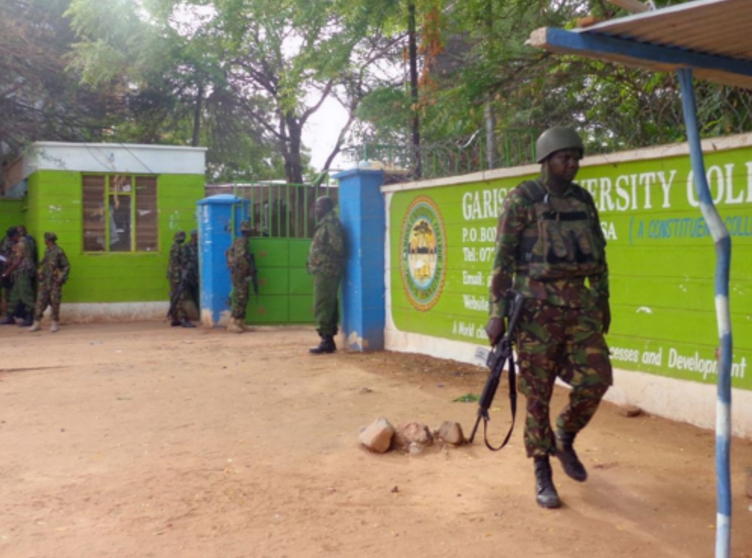In eulogising leaders, let’s move beyond general tributes
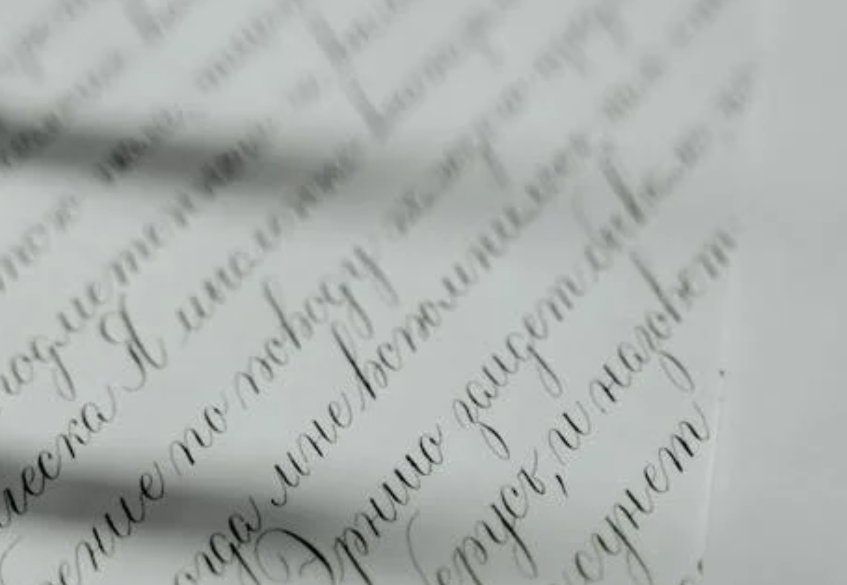
Words crystallise history, giving permanence to the past (Johann Kaspar Lavater). Yet, when national leaders die, their tributes often lack substance and clarity.
Typical eulogies use abstract phrases like “contributed immensely to democracy” without specifics. These vague acknowledgments fail to connect with younger generations who naturally ask, “Who was this person? What did they actually do?”
In communication studies, certain moments are called “Kairos” – critical opportunities where leadership and communication converge. Martin Luther King Jr described these as periods when “history is pregnant, ready to give birth to a great idea and a great movement”.
Kenya, like many societies, has experienced such moments in its pre-colonial and post-colonial history. During these periods, leaders emerged who did more than just manage crises – they framed them, articulated challenges, and provided perspective.
What people remember are not just actions, but the words that captured those moments. These words become beacons of hope, resilience, and guidance for future generations.
Physical structures and immediate actions have limited lifespans. Technology changes, buildings become obsolete. But words? They remain meaningful, adaptable, and capable of being reinterpreted by successive generations.
Western and Eastern civilizations understand this principle. They meticulously document critical moments through policy documents, laws, and speeches that diagnose issues and propose solutions.
Both formal leaders (presidents, prime ministers) and informal leaders (opinion makers, pressure group leaders) recognise the importance of articulate communication during significant moments.
Consider these iconic examples of memorable leadership. Thomas Jefferson specifically wanted to be remembered as the “author of the Declaration of American Independence, of the Statute of Virginia for religious freedom, and Father of the University of Virginia”. Jesus Christ is remembered more for his words – the Sermon on the Mount, the Lord’s Prayer – than his physical deeds. Martin Luther King Jr is inseparable from his “I Have a Dream” speech. Abraham Lincoln held the United States during a critical period, but he’s most remembered for the Gettysburg Address and his Second Inaugural Address.
A leader’s true legacy lies in their ability to articulate a clear vision, set actionable goals, communicate strategic objectives, and rally support around a common purpose. Public speaking isn’t just about delivering information; it’s about inspiring, guiding, and creating shared understanding.
When memorialising leaders, we must move beyond generic, meaningless tributes. Instead, we should highlight their specific contributions, reference their own words, provide context for younger generations, and capture their vision, compassion, and courage.
To preserve leadership legacies, societies must recognise communication’s critical role in public affairs, systematically document and archive significant speeches and actions, and create accessible records for future generations.
Words are more than mere communication – they are historical artefacts that capture leadership, struggle, hope, and vision. They transcend time, offering insights and inspiration long after the speaker is gone.
When we remember leaders, we must listen to their words, understand their context, and appreciate the deeper meanings they represent. This approach ensures that leadership is not just a momentary phenomenon, but a lasting, evolving narrative that continues to guide and inspire.
— The writer is a communication specialist
